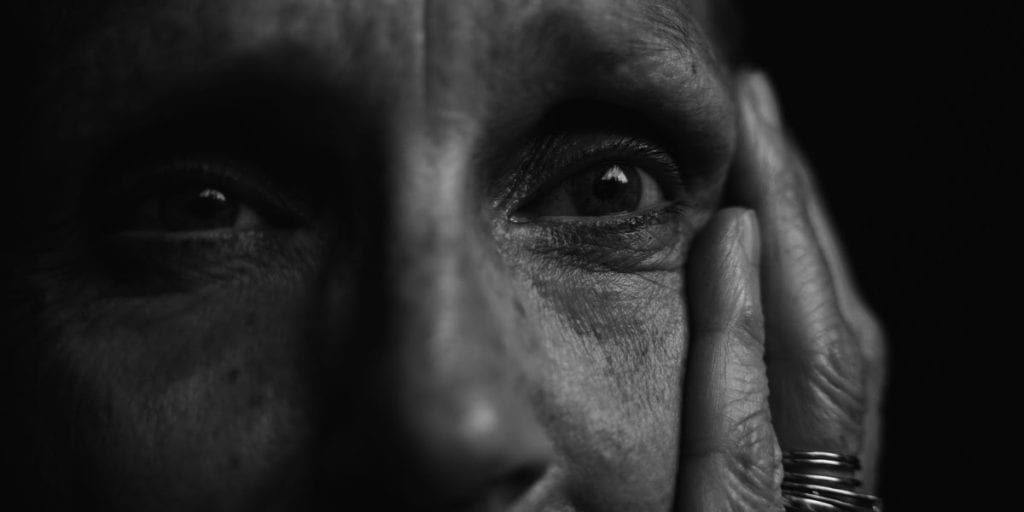Sundowning: What Is It, & Can Bright Light Therapy Help?

If a loved one has Alzheimer’s or another form of dementia, you may notice them becoming more agitated or confused as the day goes on. This phenomenon is called “sundowning,” also known as “late-day confusion,” and it is common in patients who suffer from dementia disorders.
What Is Sundowning?
Sundowning is seen most frequently in dementia patients, and includes agitation, restlessness, and confusion as the daytime hours wane and into the night.
Those who experience sundowning can exhibit any of a range of behaviors, including:
- Confusion
- Anxiety
- Aggression
- Pacing or wandering
- Ignoring directions
Sundowning is not a standalone condition; instead, it is a grouping of symptoms most often seen in patients suffering from dementia.
Can Bright Light Therapy Help Decrease Sundowning Behaviors?
Because sundowning is related to changes in the sleep-wake pattern, as well as changes in daytime sunlight, many experts believe that practicing bright light therapy can help decrease sundowning behaviors and severity in dementia patients.
Exposure to daytime sunlight, especially during the darker winter months, can help improve the patient’s balance of serotonin and endorphins, and can regulate the circadian rhythm for better sleep. Patients who experience better, longer sleep are less likely to become agitated, even during the evening hours.
As always, speak with your loved one’s doctor if you believe bright light therapy can help their sundowning behaviors.
What Else Can I Do to Decrease Sundowning Behaviors?
While sundowning isn’t something you can completely “cure” in a loved one with dementia, you can help control the behaviors by making some lifestyle changes.
Here are some other things you can do to decrease sundowning behaviors:
- Maintain a predictable routine for sleep, waking, meals, and activities
- Plan activities with as much exposure to daytime light as possible
- Limit daytime napping
- Limit caffeine and sugar to morning hours
- Keep a night light on to decrease agitation and confusion when it gets dark
- Reduce background noise and stimulating activities during nighttime hours, including TV viewing
- When going to unfamiliar surroundings, bring familiar items such as photographs to increase comfort
- Play familiar, relaxing music or nature sounds at night
- Talk to your loved one’s doctor to rule out a medical condition, such as an infection, as the cause for their confusion
Your Source for Bright Light Therapy Boxes
At the Sunbox Company, we want to give you the tools to live your happiest, healthiest life. Our range of bright light therapy boxes can give you the morning sunlight you need even when the weather is bad. Get yours today!

